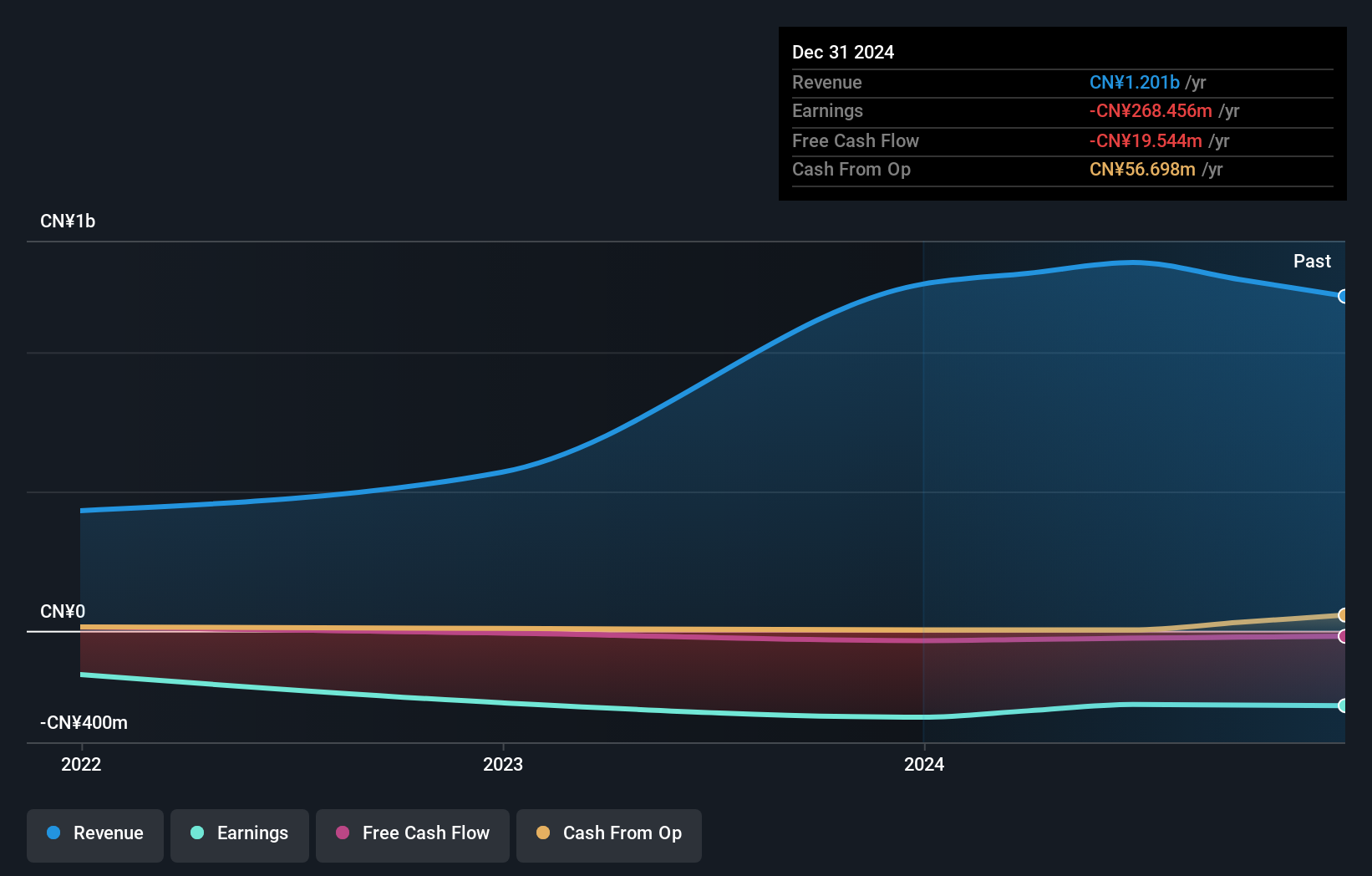HealthyWay Inc.'s (HKG:2587) largest shareholder, CEO Wanneng Zhang sees holdings value fall by 16% following recent drop
Key Insights
- Significant insider control over HealthyWay implies vested interests in company growth
- 55% of the business is held by the top 2 shareholders
- Ownership research, combined with past performance data can help provide a good understanding of opportunities in a stock
Every investor in HealthyWay Inc. (HKG:2587) should be aware of the most powerful shareholder groups. The group holding the most number of shares in the company, around 58% to be precise, is individual insiders. That is, the group stands to benefit the most if the stock rises (or lose the most if there is a downturn).
And last week, insiders endured the biggest losses as the stock fell by 16%.
Let's delve deeper into each type of owner of HealthyWay, beginning with the chart below.
See our latest analysis for HealthyWay

What Does The Lack Of Institutional Ownership Tell Us About HealthyWay?
Small companies that are not very actively traded often lack institutional investors, but it's less common to see large companies without them.
There could be various reasons why no institutions own shares in a company. Typically, small, newly listed companies don't attract much attention from fund managers, because it would not be possible for large fund managers to build a meaningful position in the company. Alternatively, there might be something about the company that has kept institutional investors away. HealthyWay's earnings and revenue track record (below) may not be compelling to institutional investors -- or they simply might not have looked at the business closely.

HealthyWay is not owned by hedge funds. With a 43% stake, CEO Wanneng Zhang is the largest shareholder. For context, the second largest shareholder holds about 12% of the shares outstanding, followed by an ownership of 10% by the third-largest shareholder. Interestingly, the third-largest shareholder, Yong Chen is also a Member of the Board of Directors, again, indicating strong insider ownership amongst the company's top shareholders.
To make our study more interesting, we found that the top 2 shareholders have a majority ownership in the company, meaning that they are powerful enough to influence the decisions of the company.
While studying institutional ownership for a company can add value to your research, it is also a good practice to research analyst recommendations to get a deeper understand of a stock's expected performance. As far as we can tell there isn't analyst coverage of the company, so it is probably flying under the radar.
Insider Ownership Of HealthyWay
While the precise definition of an insider can be subjective, almost everyone considers board members to be insiders. Company management run the business, but the CEO will answer to the board, even if he or she is a member of it.
I generally consider insider ownership to be a good thing. However, on some occasions it makes it more difficult for other shareholders to hold the board accountable for decisions.
It seems that insiders own more than half the HealthyWay Inc. stock. This gives them a lot of power. That means insiders have a very meaningful HK$9.3b stake in this HK$16b business. Most would argue this is a positive, showing strong alignment with shareholders. You can click here to see if they have been selling down their stake.
General Public Ownership
With a 30% ownership, the general public, mostly comprising of individual investors, have some degree of sway over HealthyWay. This size of ownership, while considerable, may not be enough to change company policy if the decision is not in sync with other large shareholders.
Public Company Ownership
We can see that public companies hold 12% of the HealthyWay shares on issue. It's hard to say for sure but this suggests they have entwined business interests. This might be a strategic stake, so it's worth watching this space for changes in ownership.
Next Steps:
It's always worth thinking about the different groups who own shares in a company. But to understand HealthyWay better, we need to consider many other factors. For example, we've discovered 2 warning signs for HealthyWay that you should be aware of before investing here.
If you would prefer check out another company -- one with potentially superior financials -- then do not miss this free list of interesting companies, backed by strong financial data.
NB: Figures in this article are calculated using data from the last twelve months, which refer to the 12-month period ending on the last date of the month the financial statement is dated. This may not be consistent with full year annual report figures.
Have feedback on this article? Concerned about the content? Get in touch with us directly. Alternatively, email editorial-team (at) simplywallst.com.
This article by Simply Wall St is general in nature. We provide commentary based on historical data and analyst forecasts only using an unbiased methodology and our articles are not intended to be financial advice. It does not constitute a recommendation to buy or sell any stock, and does not take account of your objectives, or your financial situation. We aim to bring you long-term focused analysis driven by fundamental data. Note that our analysis may not factor in the latest price-sensitive company announcements or qualitative material. Simply Wall St has no position in any stocks mentioned.
① During the campaign period, US stocks, US stocks short selling, US stock options, Hong Kong stocks, and A-shares trading will maintain at $0 commission, and no subscription/redemption fees for mutual fund transactions. $0 fee offer has a time limit, until further notice. For more information, please visit: https://www.webull.hk/pricing
Webull Securities Limited is licensed with the Securities and Futures Commission of Hong Kong (CE No. BNG700) for carrying out Type 1 License for Dealing in Securities, Type 2 License for Dealing in Futures Contracts and Type 4 License for Advising on Securities.

English